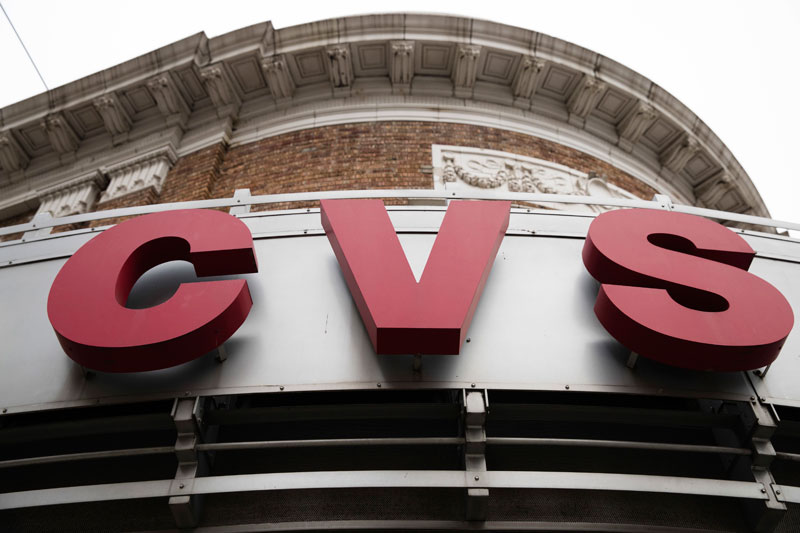Pharmacy benefit manager: Who revealed information to The Dispatch?
One of the companies that serves Ohio's Medicaid program is pushing hard in its fight to keep secret the details about the $280 million that it bills taxpayers for prescription drugs each year.
In a move that sparked criticism, OptumRx said it plans to ask people under oath whether they've spoken to The Dispatch, according to court papers OptumRx filed Monday.
OptumRx and CVS have sued the Medicaid department to keep it from revealing redacted portions of a report that showed the two pharmacy middlemen billed taxpayers $224 million more for Medicaid drugs than it paid pharmacies during the year that ended March 30, 2018.
CVS used its role as a pharmacy benefit manager for the Ohio Medicaid program to pay some of its biggest retail competitors far less than it pays its own stores, according to a section in a state report that CVS is fighting in court to keep secret.
The Dispatch reported last month, for example, that CVS would have to pay Walmart and Sam’s Club more by almost half — 46 percent more — for generic drugs if CVS were to equal the rates that it was paying its own pharmacies, according to the unredacted report for the Ohio Department of Medicaid.
Also, CVS would have to pay pharmacies in Ohio-based Kroger stores rates 25 percent higher if it were to match what it was paying its own stores during the year ending March 31, 2018, the report said.
The Dispatch has been reporting for the past year about the business practices of pharmacy benefit managers, the middlemen in the prescription drug business whose role was designed to contain costs.
The newspaper did a data analysis last year using confidential drug-pricing information that showed that pharmacy benefit managers, known as PBMs, were applying a 12 percent markup to Medicaid transactions they handled. The analysis helped prompt Medicaid to obtain all such data from CVS and OptumRx and to hire consulting firm HealthPlan Data Solutions to analyze it. It found an 8.8 percent markup, three to six times the standard industry rate.
Much of the resulting report was public, but important sections were blacked out — including the one showing that CVS's PBM was reimbursing pharmacies Walmart and Kroger at far lower rates than its own CVS retail pharmacies. CVS and OptumRx contend that the redacted information consists of trade secrets.
In its court filing disclosing witnesses, OptumRx said it would interview HealthPlan officials about their analysis of the data, the terms under which the PBMs provided data to Medicaid, the rules keeping the information secret "and communications, if any, with The Columbus Dispatch," says the filing in Franklin County Common Pleas Court.
OptumRx didn't respond to a request for comment.
However, putting people under oath and grilling them about their conversations with the news media can have a bad effect on an open society, said Dennis Hetzel, president and executive director of the Ohio News Media Association.
"Any time journalists get dragged into a story like this, it can have the effect of discouraging people from talking about things the public has a strong interest in," he said. "The public interest in having the information available in detail in this case is overwhelming."
Many health economists say that a lack of transparency in drug pricing is a major factor driving inflation in health-care costs. And community pharmacists have said that the biggest pharmacy benefit managers have used their dominance in the marketplace to drive small retail players out of business.
"The same company that was under fire for gag clauses in their pharmacy contracts is now trying to gag the truth on how they spent millions of taxpayer dollars," said Antonio Ciaccia of the Ohio Pharmacists Association. "This is, unfortunately, par for the course for the multibillion-dollar corporations in the PBM industry."
Franklin County Common Pleas Judge Jenifer French has scheduled the next hearing in the redaction case for April 29
